Whitening Strips vs. Charcoal The Basics
Achieving a brighter smile is a common goal, leading many to explore teeth whitening options. Two popular methods are whitening strips and activated charcoal. Both promise a whiter smile, but they work differently and have varying degrees of effectiveness, cost, and potential side effects. This article delves into a comparison of whitening strips and charcoal, providing five key facts to help you make an informed decision about which method is best suited for your needs. Understanding the pros and cons of each can guide you toward the most effective and safest path to a radiant, confident smile. Whether you’re looking for a quick fix or a more gradual approach, knowing the facts is the first step.
What Are Whitening Strips
Whitening strips are thin, flexible strips coated with a whitening agent, most commonly hydrogen peroxide. These strips are designed to adhere to the surface of your teeth, ensuring close contact with the enamel. They are a popular over-the-counter option, readily available in drugstores and online. The convenience and ease of use make them attractive to those seeking a brighter smile without professional dental treatments. The active ingredient, hydrogen peroxide, penetrates the enamel to break down stain molecules, offering a direct approach to teeth whitening. Different brands offer varying concentrations of hydrogen peroxide, affecting the speed and intensity of the whitening process. (image: whitening-strips)
How Whitening Strips Work
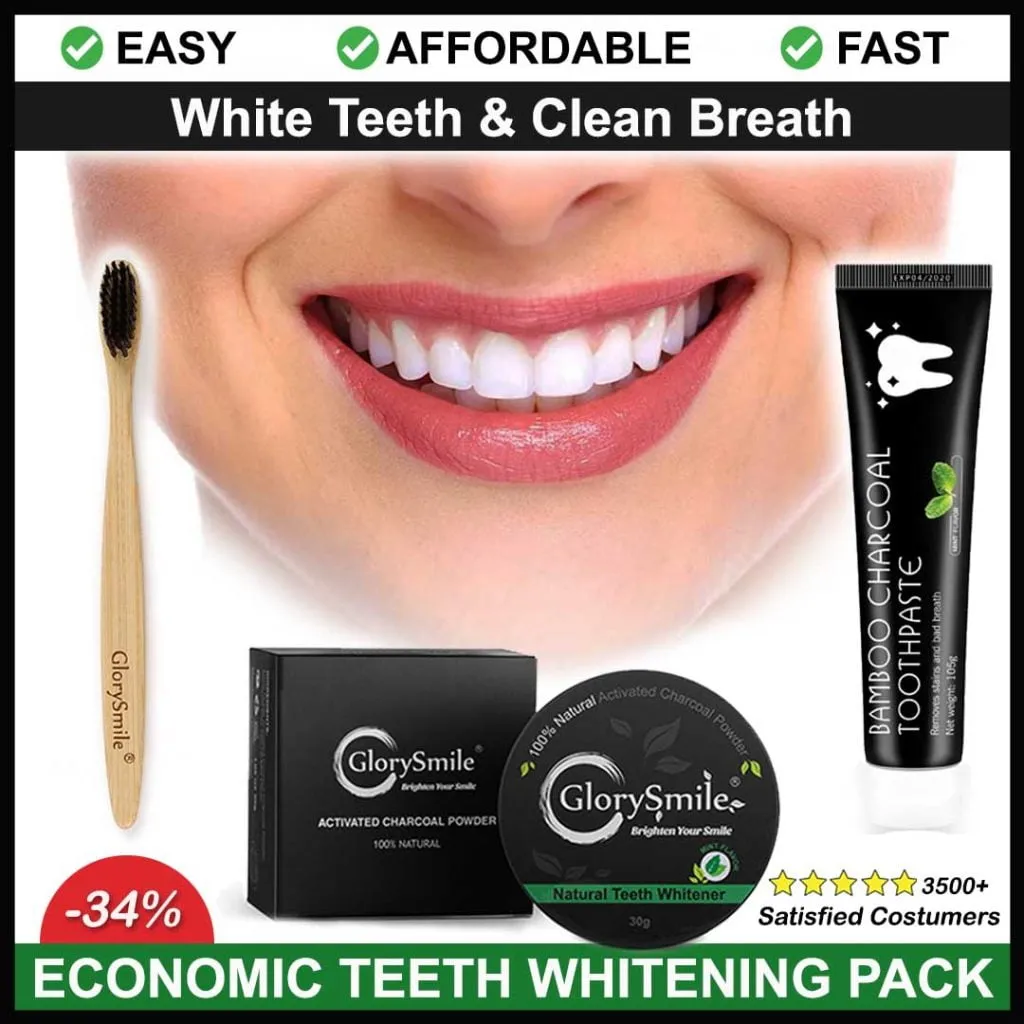
Whitening strips work by delivering a controlled amount of hydrogen peroxide to the teeth’s surface. The strips are applied to the teeth, and the hydrogen peroxide begins to break down stains caused by coffee, tea, tobacco, and other substances. The hydrogen peroxide molecules penetrate the enamel, reacting with the stain molecules and breaking them apart. This process oxidizes the stain molecules, making them less visible and resulting in a brighter appearance. The effectiveness of whitening strips depends on the concentration of hydrogen peroxide, the duration of use, and the frequency of application. Consistent use, as directed, is crucial to achieving the desired results. (image: teeth-whitening-process)
What Is Activated Charcoal
Activated charcoal is a fine, black powder made from various sources, such as coconut shells, wood, or peat. It is processed to increase its porosity, enhancing its ability to absorb substances. Unlike regular charcoal, activated charcoal is safe for consumption and is used in various applications, including teeth whitening. Its abrasive nature is believed to help remove surface stains from teeth. Activated charcoal for teeth whitening is typically available in powder form, toothpaste, or toothbrushes with charcoal-infused bristles. Its popularity has surged due to its natural origin and perceived effectiveness in achieving a brighter smile. (image: charcoal-teeth-whitening)
How Activated Charcoal Works
Activated charcoal works by adsorbing surface stains from the teeth. The porous nature of activated charcoal allows it to bind to stain molecules, helping to remove them during brushing. While it can remove some surface stains and make teeth appear brighter, it does not change the intrinsic color of the teeth, which is the actual color of the dentin. The effectiveness of activated charcoal varies, and it’s more effective at removing stains from the enamel surface than penetrating deeper stains. Regular use, along with proper brushing technique, is recommended for achieving noticeable results. It’s important to note that activated charcoal is not a substitute for professional dental care or whitening treatments. (image: teeth-care-products)
Fact 1 Whitening Strips Effectiveness
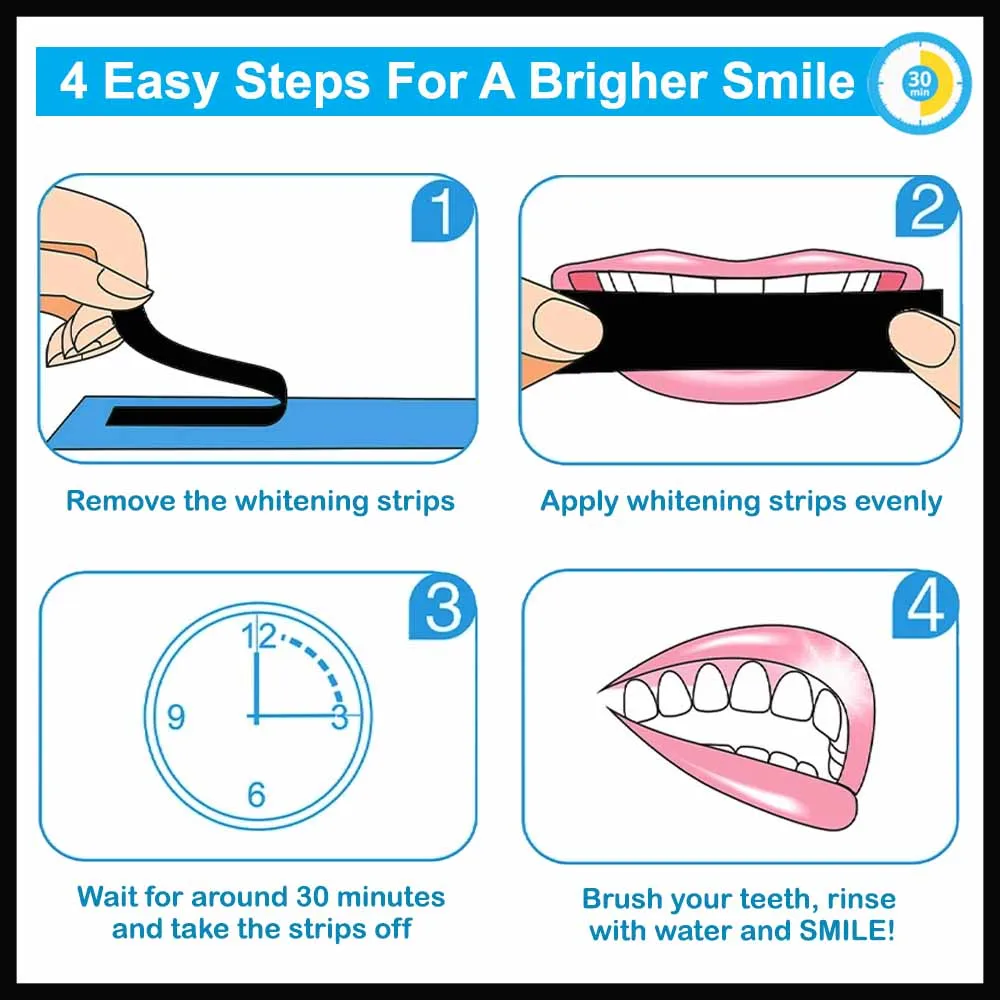
Whitening strips are generally considered effective for teeth whitening. They contain hydrogen peroxide, a proven bleaching agent that penetrates the enamel to break down stain molecules. The effectiveness of whitening strips is supported by numerous studies and clinical trials, demonstrating their ability to lighten the color of teeth. The degree of whitening depends on factors such as the concentration of hydrogen peroxide, the duration of treatment, and the individual’s dental condition. Consistent use, according to the product instructions, typically yields noticeable results within a few weeks. Whitening strips are a reliable option for those looking for a noticeable improvement in their smile’s brightness. (image: whitening-strips-results)
Whitening Strips Ingredients Hydrogen Peroxide
The primary active ingredient in whitening strips is hydrogen peroxide. This chemical compound is a bleaching agent that oxidizes stain molecules within the enamel, leading to a lighter tooth shade. The concentration of hydrogen peroxide varies among different brands and products, with higher concentrations often leading to faster results. However, higher concentrations can also increase the risk of side effects. Hydrogen peroxide effectively targets both intrinsic and extrinsic stains, making it a comprehensive solution for teeth whitening. When used as directed, hydrogen peroxide in whitening strips is a safe and effective method for achieving a brighter smile. It’s crucial to follow the instructions and consult a dentist if you have any concerns. (image: hydrogen-peroxide)
Whitening Strips Results Timeframe
The timeframe for seeing results with whitening strips typically ranges from a few days to several weeks. Most products recommend using the strips for a specific duration each day, often 30 minutes to an hour, for a period of 10 to 20 days. The exact time to see results depends on the concentration of hydrogen peroxide and the severity of the stains. Some users may notice a difference within a week, while others may require the full course of treatment. It’s important to adhere to the product instructions to achieve the best results. Maintaining a consistent application schedule is essential for maximizing the effectiveness of the whitening strips. (image: results-timeframe)
Fact 2 Activated Charcoal Effectiveness
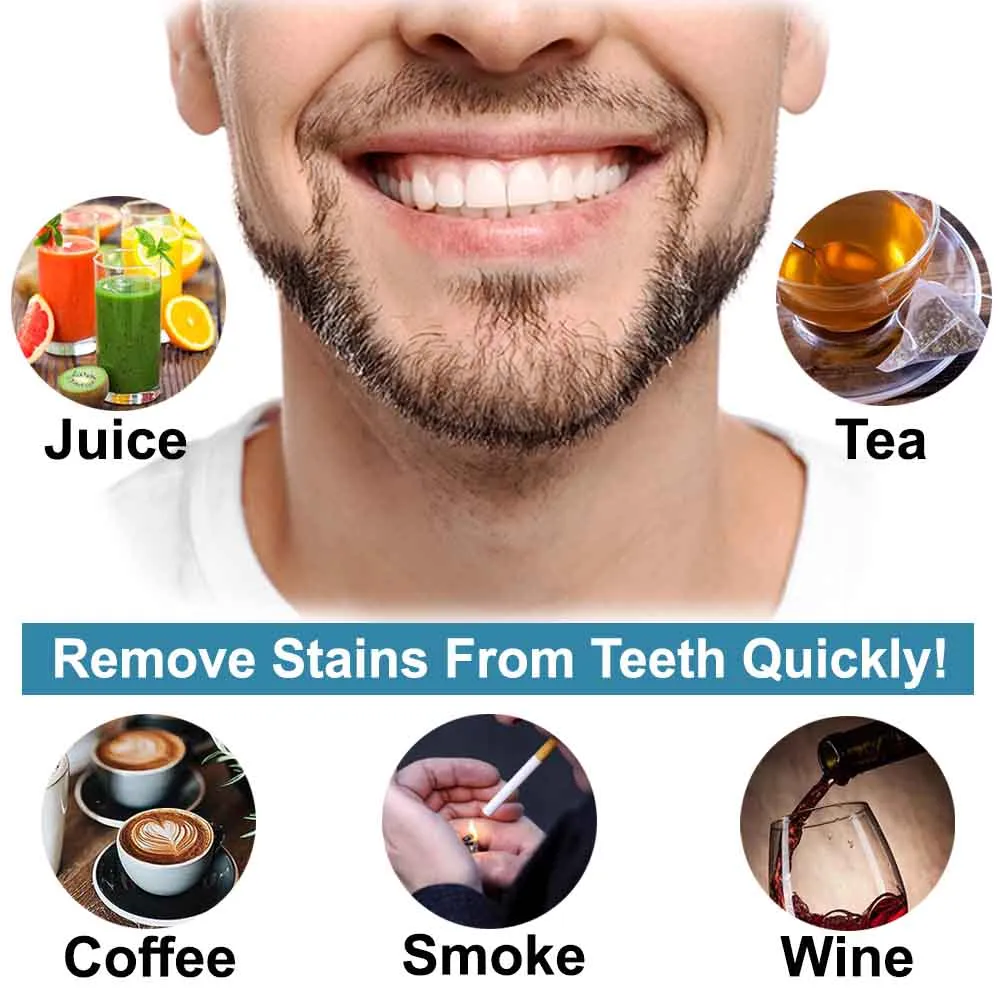
The effectiveness of activated charcoal for teeth whitening is a topic of debate. While it can help remove surface stains, its ability to change the intrinsic color of teeth is limited. Many users report a temporary brightening effect, but this is primarily due to the removal of surface stains rather than a true bleaching action. The abrasive nature of charcoal can help scrub away stains caused by coffee, tea, and other substances. However, it does not contain any bleaching agents like hydrogen peroxide, which are necessary for altering the natural color of the teeth. The effectiveness of activated charcoal varies from person to person, and its long-term whitening effects are not as significant as those of hydrogen peroxide-based products. (image: activated-charcoal)
Activated Charcoal How It Works on Teeth
Activated charcoal works by adsorbing surface stains. The porous nature of the charcoal allows it to bind to stain molecules, lifting them from the enamel surface. During brushing, these stains are removed, leaving the teeth appearing brighter. It’s important to note that activated charcoal does not penetrate the enamel to bleach the teeth, unlike hydrogen peroxide. It acts as a physical cleanser, helping to remove stains and debris. When used correctly, activated charcoal can help improve the appearance of teeth, but its effectiveness is limited to surface stains. It is not a replacement for professional whitening treatments. (image: activated-charcoal-teeth)
Activated Charcoal Limitations
Activated charcoal has several limitations when it comes to teeth whitening. Its effectiveness is primarily limited to removing surface stains. It does not change the intrinsic color of the teeth, which means it will not lighten teeth beyond their natural shade. Activated charcoal is not as effective at removing deeper stains, such as those caused by medications or aging. Furthermore, the abrasive nature of charcoal can potentially damage tooth enamel if used aggressively or with excessive force. Overuse of charcoal can lead to increased tooth sensitivity and wear. (image: charcoal-limitations)
Fact 3 Whitening Strips Cost
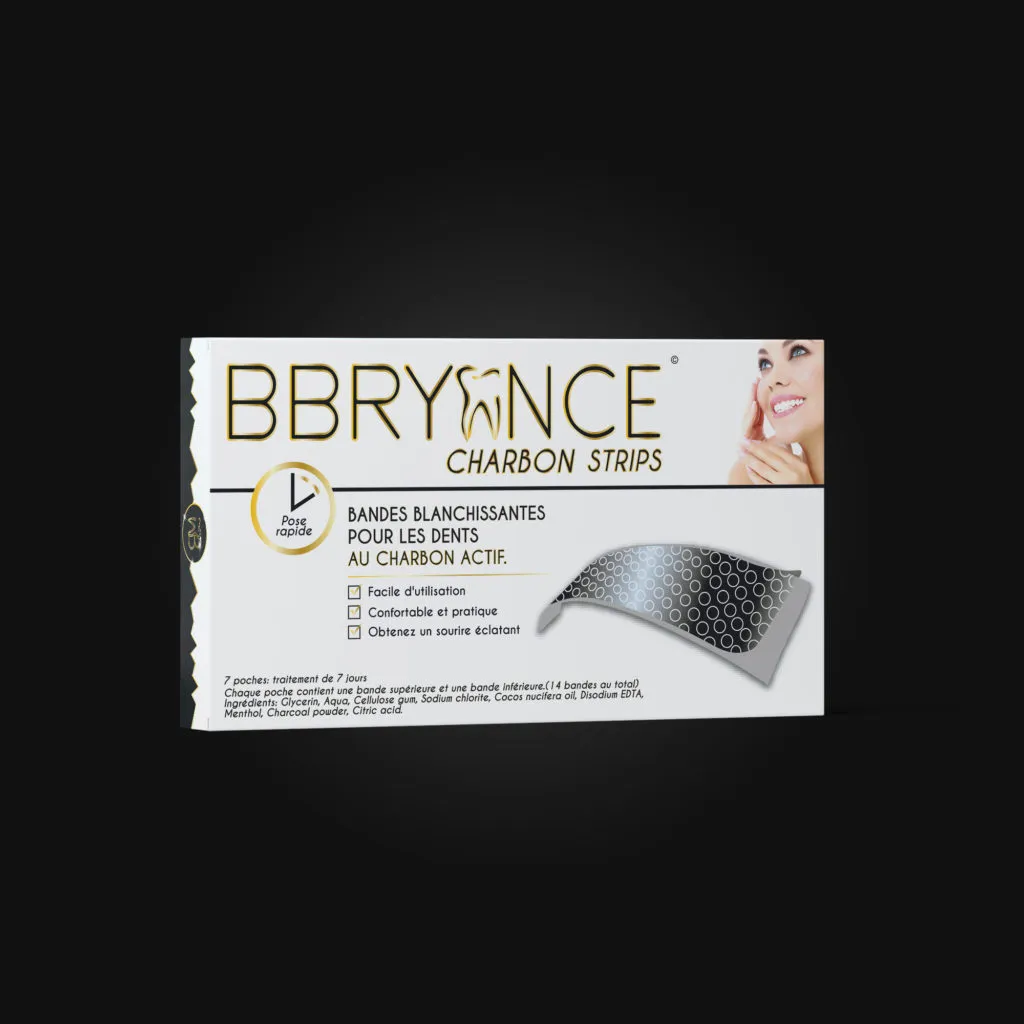
The cost of whitening strips varies depending on the brand, the number of strips in a package, and the concentration of hydrogen peroxide. Generally, whitening strips are a relatively affordable option compared to professional teeth whitening treatments. Prices range from around $20 to $60 or more per box, with the price often reflecting the quality and effectiveness of the product. Many brands offer discounts and promotions, making whitening strips even more accessible. While the initial cost may seem significant, the benefits of a brighter smile can make it a worthwhile investment. Comparing prices and reading reviews can help you find a product that fits your budget and meets your needs. (image: cost-whitening-strips)
Whitening Strips Price Range
Whitening strips’ price range depends on factors such as brand reputation, the concentration of hydrogen peroxide, and the number of strips included in the package. Basic whitening strips can be found for as low as $20, while premium brands may cost upwards of $60 or more. Some strips are designed for daily use over several weeks, while others offer shorter treatment cycles. Higher-end strips may contain more advanced formulations or incorporate features like enamel protection. It’s essential to consider the cost per strip or treatment when comparing options to ensure you’re getting the best value. Keep an eye out for sales and special offers to make your purchase more cost-effective. (image: whitening-strips-prices)
Fact 4 Activated Charcoal Cost
Activated charcoal products, such as powders and toothpastes, are generally more affordable than whitening strips. The cost of activated charcoal typically ranges from $10 to $30 per product, making it a budget-friendly option for those seeking teeth whitening. The lower price point is a significant advantage, especially for those who are new to teeth whitening or looking for a less expensive alternative. However, it’s important to remember that the effectiveness of activated charcoal is limited compared to professional whitening treatments. The cost savings may be offset if the desired results are not achieved. (image: charcoal-cost)
Activated Charcoal Price Range
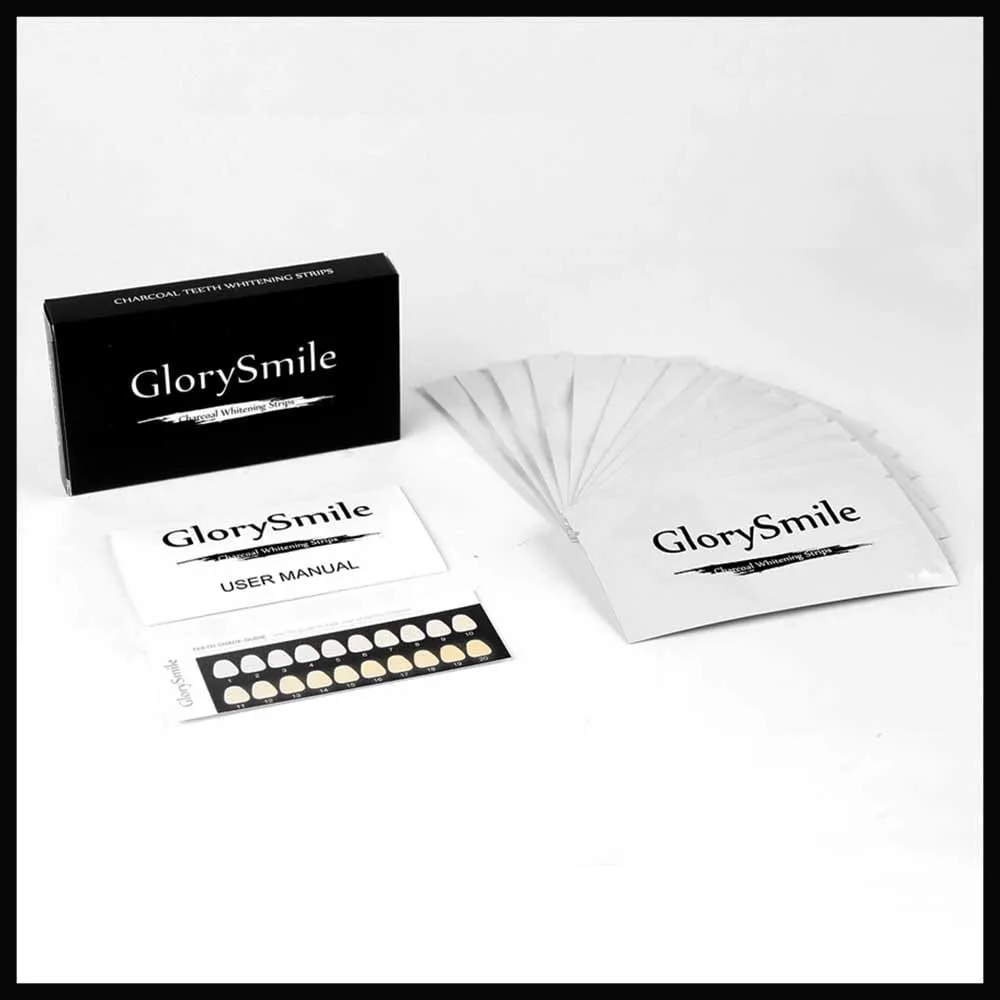
The price range for activated charcoal varies based on the product type, brand, and ingredients. Activated charcoal powder tends to be the most economical option, often costing between $10 and $20 per container. Charcoal toothpastes may be slightly more expensive, ranging from $15 to $30. The price can also be influenced by the addition of other ingredients, such as essential oils or fluoride. Comparing different products and reading reviews can help you find a suitable product within your budget. Although the initial cost is lower than whitening strips, the long-term value depends on individual results and satisfaction. (image: charcoal-prices)
Fact 5 Whitening Strips or Charcoal Side Effects
Both whitening strips and activated charcoal can cause side effects, although the nature and severity of these effects differ. Whitening strips, due to the presence of hydrogen peroxide, may cause tooth sensitivity and gum irritation. These side effects are typically temporary and subside once the treatment is completed. Activated charcoal, while generally considered safe, can cause tooth abrasion if used too aggressively. This can lead to enamel erosion and increased sensitivity. Choosing a product that is gentle on your teeth and following the manufacturer’s instructions is vital to minimizing side effects. (image: healthy-smile)
Whitening Strips Potential Side Effects
The most common side effects of whitening strips include tooth sensitivity and gum irritation. Hydrogen peroxide, the active ingredient, can irritate the gums and cause teeth to become sensitive to hot or cold temperatures. This sensitivity is usually temporary and resolves once the treatment is stopped. Some individuals may experience mild discomfort or a tingling sensation. To minimize side effects, it is essential to follow the product instructions carefully and avoid using the strips for longer than recommended. If sensitivity persists or worsens, it’s advisable to consult a dentist. (image: whitening-strips-side-effects)
Activated Charcoal Potential Side Effects
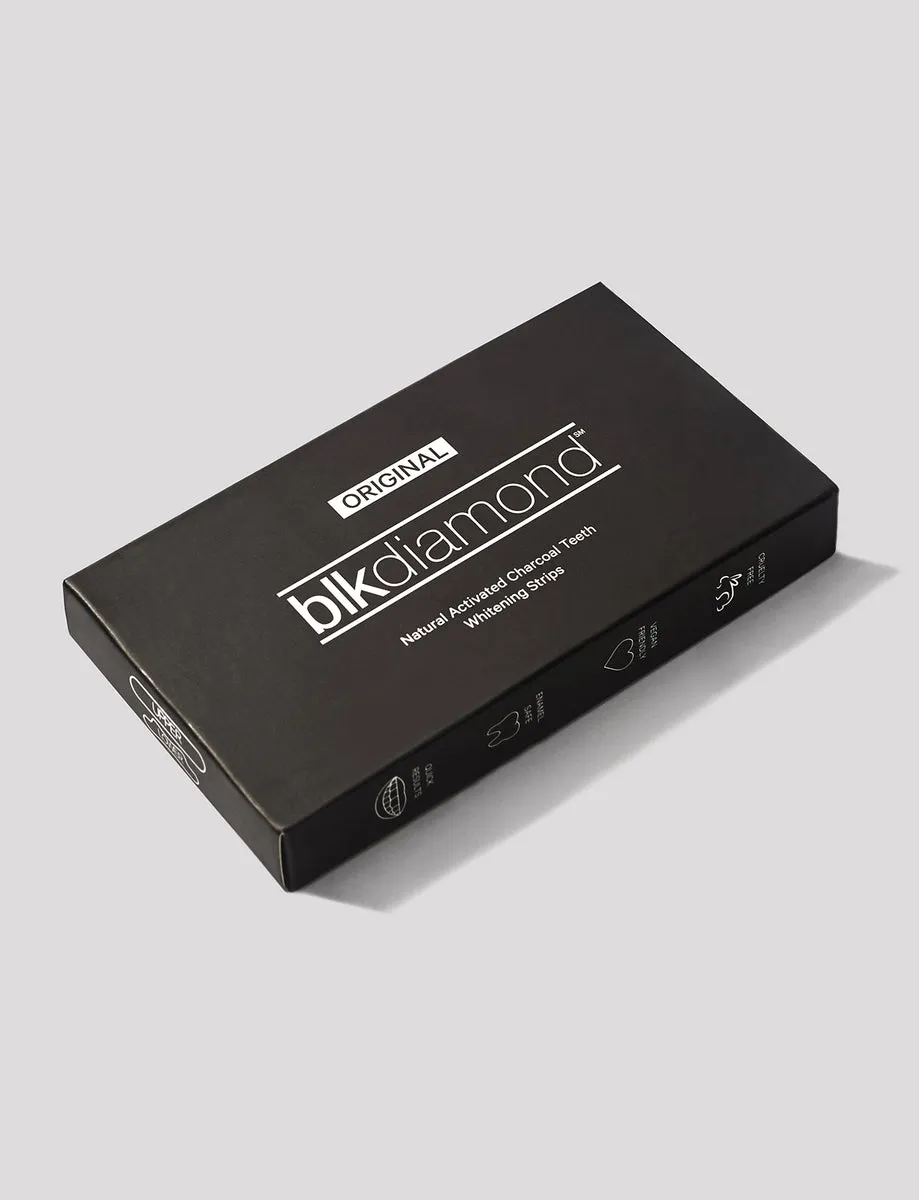
Activated charcoal can cause several potential side effects, primarily due to its abrasive nature. Over time, aggressive brushing with charcoal can wear down tooth enamel, leading to increased sensitivity and a higher risk of cavities. Some users may experience gum irritation or discoloration. It’s crucial to use a soft-bristled toothbrush and brush gently to minimize abrasion. If you have pre-existing dental issues, such as receding gums or enamel erosion, using activated charcoal may not be advisable. Always consult with a dentist before starting any new teeth whitening method. (image: charcoal-side-effects)
Conclusion Which is Right for You
Choosing between whitening strips and activated charcoal depends on your specific needs and preferences. Whitening strips are generally more effective for achieving noticeable whitening results due to their hydrogen peroxide content. They are a reliable option for removing stains and brightening your smile. However, they may cause temporary side effects like sensitivity and are more expensive. Activated charcoal offers a gentler approach and can remove surface stains, making your teeth appear cleaner, but the results are not as dramatic. It is a budget-friendly option with a lower risk of side effects, but it is not as effective for intrinsic stains. Consider factors like your budget, sensitivity, desired results, and the health of your teeth when making your decision. Consulting with your dentist can provide personalized recommendations for the best teeth whitening method for you. (image: teeth-care-products)
